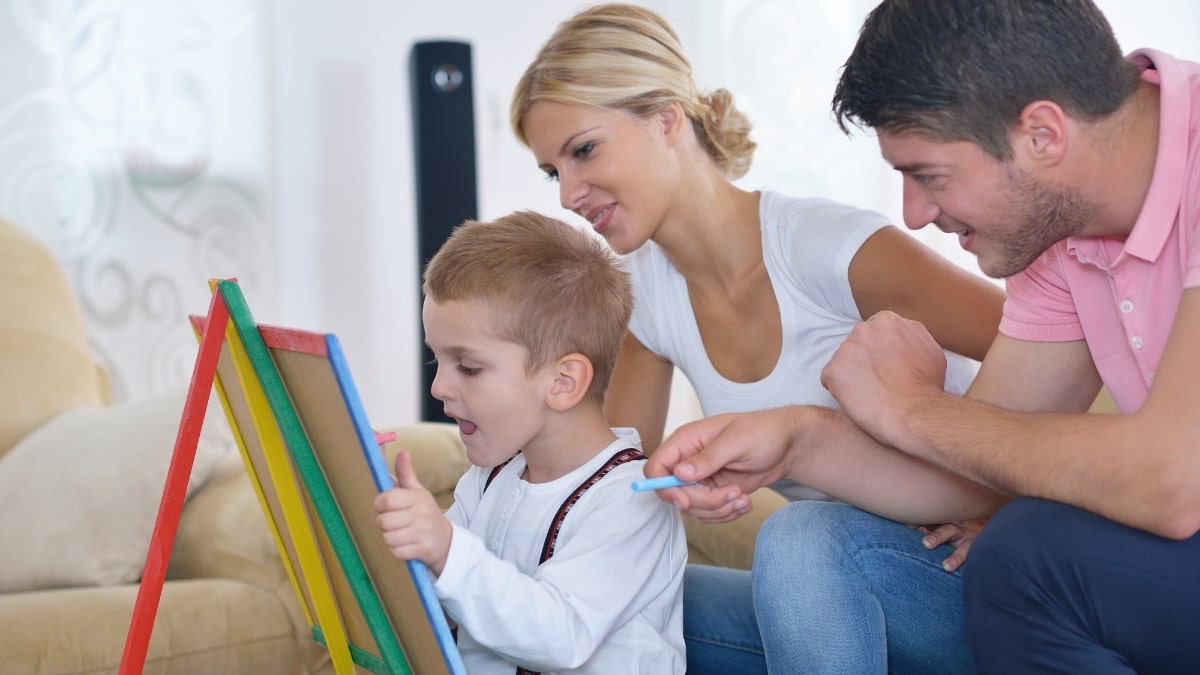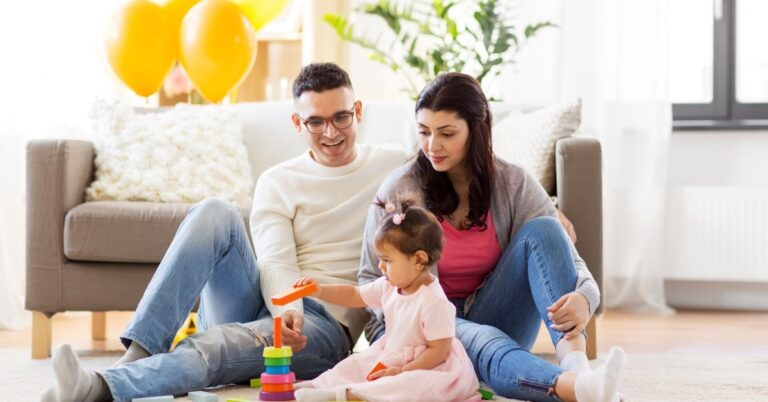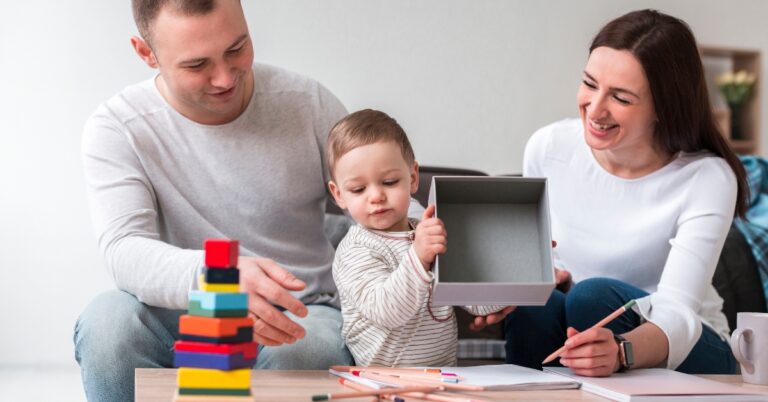The parents play a very big role in the development of their children. It is true that every parent wants the best for their child like good education, strong values and a bright future. It makes a very big difference in how the child develops mentally, emotionally and socially when the parents are involved. In this blog, we will explore why the presence, support and attention of parents are important for a child’s progress.
What Does Parent Involvement Mean?
It means taking an active interest in your children’s lives. That is because when parents are connected to what their child is doing, the child feels supported and motivated to do better. It can be as simple as:
- Helping them with their daily homework.
- Attending classes or therapy sessions together.
- Spending quality time with your child.
Emotional Security Starts at Home
When parents show love, care and attention, it helps the child to feel safe and happy. That is because a children need to feel emotionally secure in order to grow well. This emotional connection also helps to build trust between the child and the parent. As a result of it, the children become more open about what they feel and do not hesitate to share their problems. The children may become shy, withdrawn or nervous in social situations without this emotional support. So, even five minutes of your undivided attention each day can make a big difference in how your child feels.
Better Academic Growth
The child feels that education is very important when the parents are also involved in their education. It helps them to do better in school as well. That is why it is considered one of the most prominent benefits of the involvement of parents in the overall growth of their child. It also helps the child to stay focused, complete their homework on time and perform better in their exams. Simple things like reading together or revising lessons can increase a child’s interest in learning even if a parent is not highly educated.
Strong Communication Skills
When parents talk regularly with their children, they unknowingly teach them how to express themselves clearly. Even normal conversation can help them improve their vocabulary and formation of sentence. Whether it’s during meals, walks or bedtime, even small conversations can help the children build strong communication skills. The children who are good at communication are more likely to express their needs, ask questions and participate in group activities. These skills are very important for school and social life.
Early Detection of Problems
When the parents praise the efforts of their child, it helps the child feel more confident. When children know that they are supported even after making mistakes, they stop fearing about the failure. As a result, they are more likely to take on challenges, explore new things and believe in their own abilities. You can praise them by saying a few kind words to them which helps them to build a strong sense of self-worth. A confident child usually grows into a responsible and independent adult.
Supporting Special Needs
If your child has speech delays, behavioural issues and they also face challenges while learning, then your role becomes much more crucial than ever before. If this is the case, it is better to attend therapy sessions, follow exercises at home and stay in touch with the experts or therapists to ensure better improvement. Remember, your involvement can help your child feel safe and motivated through the treatment process. It also creates consistency between what is taught in therapy and practised at home.
Encouraging Better Social Skills
Social skills are just as important as academic success and parents play a big role in developing them. The parents who interact daily with their child can teach them how to behave in groups. They can teach certain things to their children like sharing, saying thank you, listening patiently and being respectful. These social skills can help your children to build strong relationships with their friends, classmates and mentors. They also start understanding the importance of being polite, honest and respectful in various social settings.
Limiting Unhealthy Habits
The children like to spend their time on phones, tablets and TV these days. This can affect their health such as causing eye strain, poor posture and lack of sleep. It can also reduce their interest in enjoying outdoor games or learning new skills. However, parents can fix this by setting clear rules about the screen time. They can suggest to them some other fun activities like outdoor play, reading or drawing etc. The idea is not to stop all the entertainment but to make sure it is balanced with the other healthy and creative habits.
How Mind Grove Therapy Supports Parents
At Mind Grove Therapy, we always include parents in their child’s therapy journey. We offer regular feedback sessions, parenting tips, home activities and personalised support as well. Our trained therapists guide the parents on how to manage the challenges at home and how to keep their child motivated. We believe that the parents and therapists must work together to bring out the best in every child.
Final Thoughts
We firmly believe that nobody understands a child better than their parents. However, being a parent, your involvement in your child’s life is the most powerful gift you can give to them. Your time, care, and encouragement are the most valuable tools in your child’s growth journey. However, if you are not sure how and where to begin, we are here to help. Our team works closely with the families to guide them step by step on how to support their child in the best possible way.
Connect with Mind Grove Therapy today and let’s support your child’s journey together!




